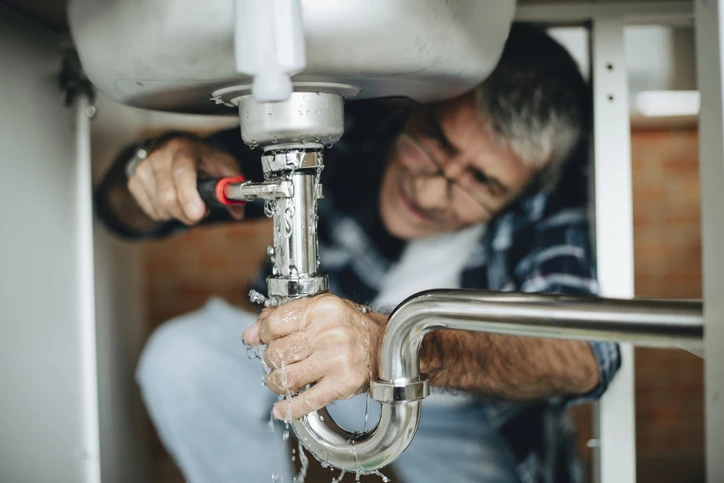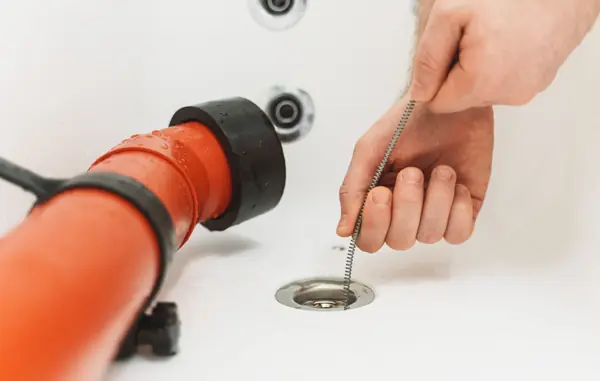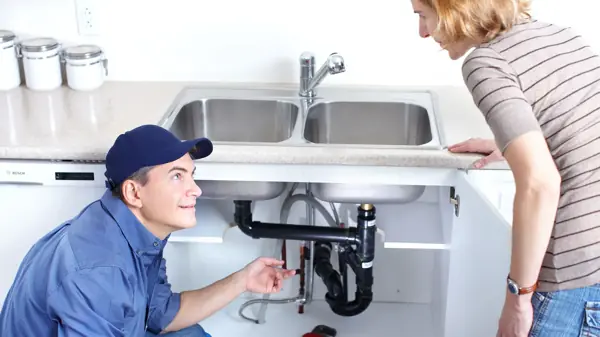Are you confident that your water filtration system aligns with local wastewater standards? With growing environmental regulations and stricter compliance measures, ensuring compatibility is more important than ever.
A mismatch can lead to costly fines, environmental harm, and reduced efficiency in your system’s performance. Beyond compliance, the right filtration setup protects local ecosystems and maintains the integrity of your property’s water management. Whether you’re considering an upgrade or reviewing your current system, understanding local standards is crucial.
Let’s break down how to ensure your water filtration system meets these requirements while optimizing efficiency and sustainability. Let’s explore how you can stay ahead of regulations and protect what matters most.
How can I check if my water filtration system meets local wastewater standards?
To check if your water filtration system meets local wastewater standards, follow these steps:
- Consult Local Regulations: Research local wastewater and filtration regulations, typically found on your city or county’s water authority website. These standards outline specific requirements for treating and discharging wastewater.
- Contact Your Water Authority: Contact your local water authority or environmental agency for guidance on the standards your filtration system must meet. They can provide information on approved technologies and any required certifications.
- Review Filtration System Certifications: Check if your filtration system is certified by recognized organizations, such as NSF International or the Water Quality Association (WQA). Certifications indicate that the system meets established performance and safety standards for removing contaminants.
- Consult the Manufacturer: Contact your system’s manufacturer to confirm that the filtration model complies with local wastewater requirements. Many manufacturers can provide documentation on compliance or certification relevant to specific locations.
- Schedule a Professional Inspection: A certified plumber or water specialist can inspect your filtration system to ensure it meets local standards. Professionals can assess if the system’s output quality aligns with regional guidelines.
By following these steps, you can verify that your water filtration system is compatible with local standards, ensuring safe water and environmental compliance.
What happens if my water filtration system is not compatible with local regulations?
If your water filtration system is incompatible with local regulations, several negative consequences can arise, affecting your health and the environment. Here are some potential outcomes:
- Health Risks: An incompatible filtration system may not effectively remove harmful contaminants, leading to unsafe drinking water. This can expose you and your family to bacteria, viruses, heavy metals, or other pollutants that could cause serious health issues.
- Legal Consequences: Using a non-compliant water filtration system can result in fines or penalties from local health or environmental authorities. Regulations are in place to protect public health and the environment, and failure to adhere to them can have legal repercussions.
- Environmental Impact: If the filtration system discharges untreated or improperly treated wastewater, it can contribute to pollution in local water sources, harm aquatic ecosystems, and violate environmental protection laws.
- Increased Maintenance Costs: Non-compliance may lead to increased maintenance needs, repairs, or replacements, resulting in higher costs over time. If the system fails to perform adequately, you may need to invest in a compliant system.
- Decreased Property Value: Homes with non-compliant water systems may need reduced market value or difficulties during resale, as buyers often seek assurance of safe and regulated water quality.
Ensuring that your water filtration system meets local regulations is crucial for safeguarding health, maintaining property value, and protecting the environment.
Which water filtration systems comply with common wastewater standards?
Ensuring your water filtration system complies with local wastewater standards is crucial for maintaining public health and environmental safety. Several filtration systems are designed to meet these standards, offering effective treatment of contaminants. Here are some commonly recognized systems:
- Reverse Osmosis (RO) Systems: RO systems effectively remove a wide range of contaminants, including heavy metals, salts, and microorganisms. Many RO systems are certified under NSF/ANSI Standard 58, ensuring they meet specific drinking water treatment performance criteria.
- Ultraviolet (UV) Purifiers: UV purifiers use ultraviolet light to inactivate bacteria, viruses, and other pathogens. Systems certified under NSF/ANSI Standard 55 Class A are designed for microbiological water treatment.
- Activated Carbon filters are effective in removing chlorine and volatile organic compounds (VOCs) and improving taste and odor. Some activated carbon filters are certified under NSF/ANSI Standard 42 for aesthetic effects.
- Distillation Units: Distillation systems heat water to produce steam, which is then condensed into liquid, leaving contaminants behind. These systems are often certified under NSF/ANSI Standard 62.
- Whole-House Filtration Systems: Designed to treat all water entering a home, these systems can include various technologies such as sediment filters, carbon filters, and water softeners. Certification under NSF/ANSI Standards 44 and 61 ensures compliance with specific performance and health effects criteria.
When selecting a filtration system, it’s essential to verify that it is certified under relevant NSF/ANSI standards, which are recognized for ensuring product safety and performance. Additionally, consult local water quality reports and regulations to ensure the system addresses specific contaminants in your area.
Are there consequences for using a filtration system that does not meet wastewater standards?
Yes, using a water filtration system that does not meet wastewater standards can have several significant consequences, impacting health, safety, and the environment. Here are some potential repercussions:
- Health Risks: Non-compliant filtration systems may fail to remove harmful contaminants, such as bacteria, viruses, heavy metals, and chemicals. This can result in unsafe drinking water, leading to serious health issues, including gastrointestinal illnesses, neurological disorders, or long-term chronic conditions.
- Legal Repercussions: If their filtration system does not comply with regulations, homeowners may face fines or penalties from local health or environmental authorities. These laws protect public health and ensure safe drinking water standards.
- Environmental Damage: A filtration system that discharges untreated or inadequately treated wastewater can pollute local water sources. This not only harms aquatic ecosystems but may also violate environmental protection laws.
- Increased Maintenance Costs: Systems that do not meet standards may require more frequent repairs or replacements. Over time, this can lead to higher maintenance costs and a need for a compliant system.
- Decreased Property Value: Homes with non-compliant water systems may see reduced market value. Potential buyers are often wary of properties that must ensure safe and regulated water quality.
Ensuring compliance with wastewater standards is essential for protecting health, the environment, and property value.
Ensure Your Water Filtration Meets Local Standards Today!
At Hi-Desert Plumbing, we understand the importance of ensuring your water filtration system meets local standards for safety and effectiveness. Compliance with these regulations not only protects your health but also safeguards the environment.
Our expert team is here to assess your current system and provide recommendations for any necessary upgrades or replacements. We can help you navigate local regulations and select a filtration system that effectively addresses your water quality needs.
Don’t compromise on your drinking water—ensure your filtration system meets local standards today! Contact us for a consultation!





